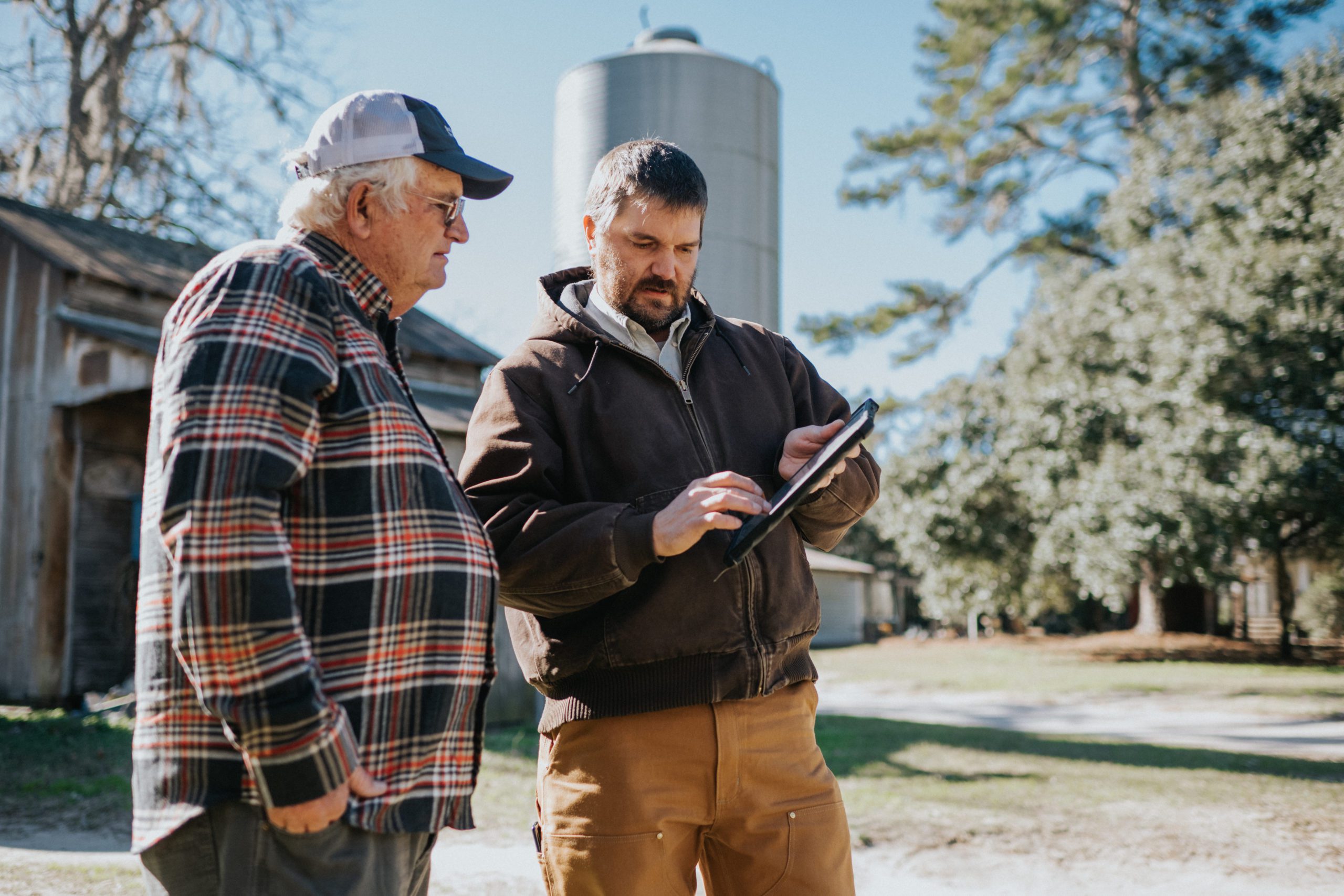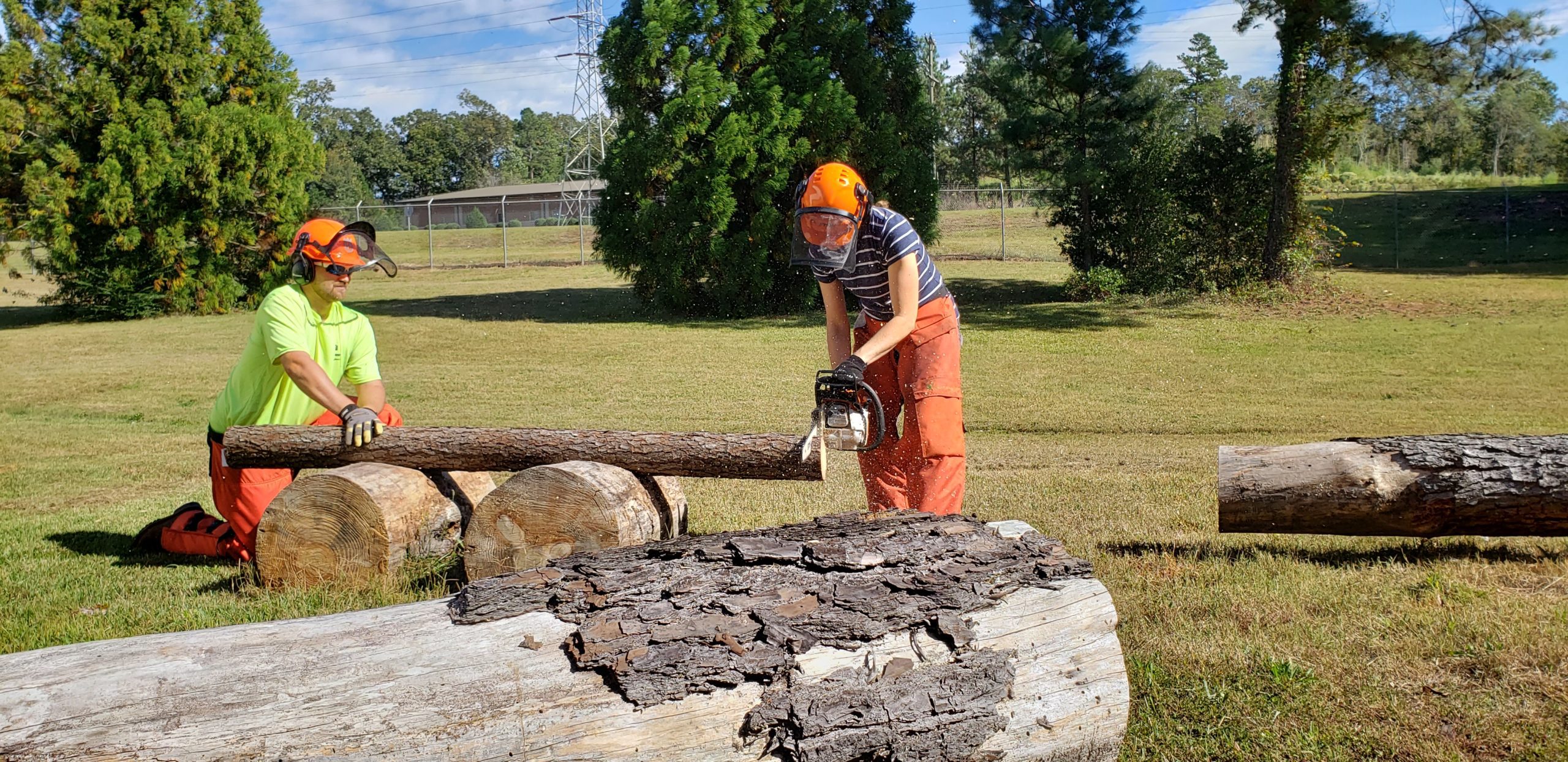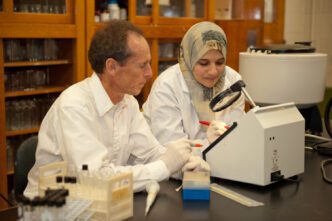This Center will have a positive impact on farmers through the creation and deployment of new solutions and increased accessibility to existing resources and recommendations.
— Kendall Kirk, CU-CAT director
Today’s agriculture industry uses robots, temperature and moisture sensors, aerial images and GPS technology to be more profitable, efficient, safer and environmentally friendly.
To help farmers learn how to benefit from these new technologies, the Clemson University College of Agriculture, Forestry and Life Sciences has established CU-CAT – the Clemson University Center for Agricultural Technology. CU-CAT is a center for collaboration focused on research, education and outreach. Information provided by the Center will come from researchers of different disciplines who will collaborate to provide research-based information for farmers.
Kendall Kirk, CU-CAT director, graduated from Clemson with bachelor’s, master’s and doctoral degrees in biosystems engineering. He is a precision agriculture engineer at the Edisto Research and Education Center (REC) in Blackville, South Carolina. His work focuses on developing technologies and software that are useful, profitable and cost-effective for growers.

“This Center will have a positive impact on farmers through the creation and deployment of new solutions and increased accessibility to existing resources and recommendations,” Kirk said.
CU-CAT is headquartered at Edisto REC in Blackville, South Carolina, but will work with students and researchers on campus and at each of the Clemson RECS across the state.
In addition to Kirk, other researchers in different areas of expertise will have an opportunity to provide scientific, research-based information for the Clemson University Center for Agricultural Technology.
For more information, visit www.clemson.edu/cafls/cu-cat/.
Technology is becoming more and more important in agriculture. Farmers no longer need to apply water, fertilizers and pesticides uniformly across entire fields. Instead, they can use the minimum quantities required and target very specific areas, or even treat individual plants differently. Benefits include higher crop productivity; decreased use of water, fertilizer and pesticides, which in turn keeps food prices down; reduced impact on natural ecosystems; less chemical runoff into rivers and groundwater and increased worker safety.
In addition, robotic technologies enable more reliable monitoring and management of natural resources, such as air and water quality. This also gives producers greater control over plant and animal production, processing, distribution and storage, which results in greater efficiencies and lower prices, safer growing conditions and safer foods, as well as reduced environmental and ecological impact.
-END-







